LATEST NEWS


In early September, a year and a half after having been pepper-sprayed by a Santa Monica police officer, a man was awarded $1.1 million by a court, plus attorney fees, to be paid by the city. He was apparently singled out by police for being in a park after curfew, while other residents, who weren’t black, continued to charge their electric cars – as he recharged his car. The scars will stay with him and his family for life.
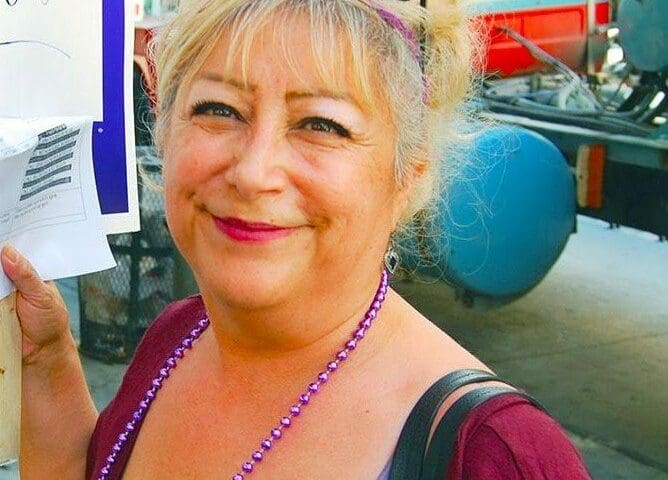

Call it the tale of two pension crises. In June, the Los Angeles Times’ business pages looked at the looming retirement savings disaster caused by the nearly 40-year transition from employer-sponsored defined-benefit pensions to individual 401(k) plans — a sea change in retirement insecurity, it noted, that “has been a failure for all but the wealthiest Americans.”


Devin Browne’s short-subject film Hotel Arizona debuted in Los Angeles October 13 at the Highland Theater in Highland Park. The 22-minute story is about a young woman who, with her mother, runs a hotel where migrants stay, and who devises a way to “Yelp” the smugglers who bring people across the border and rip them off—or worse.
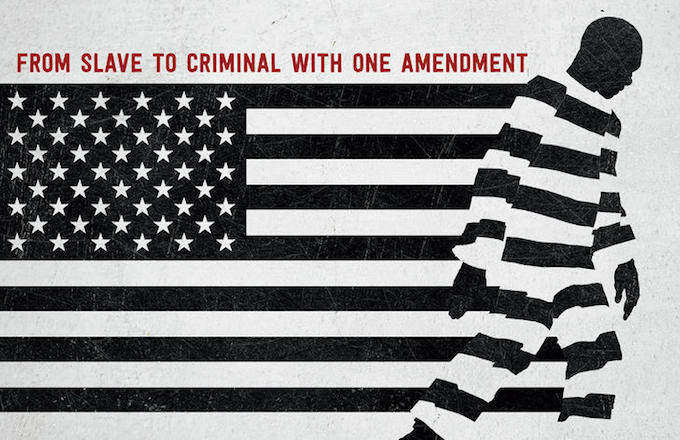

After Ava DuVernay burst into the mainstream as director of the acclaimed 2014 film Selma, she did not earn an Academy Award nomination for Direction, despite the film earning a Best Picture nod. Whatever doubts anybody might have had about her skill as a director should now be put to rest after her stunning new documentary 13th, now streaming on Netflix.
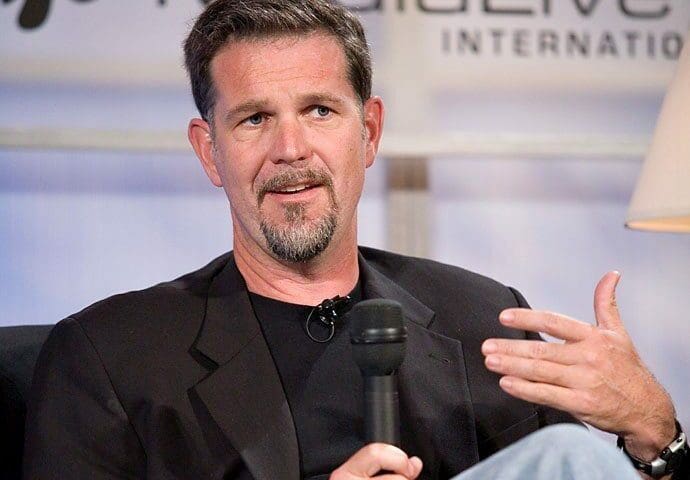
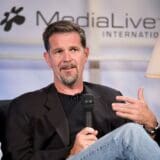
Joel Warner reports on the Netflix CEO’s attempts to disrupt public education.
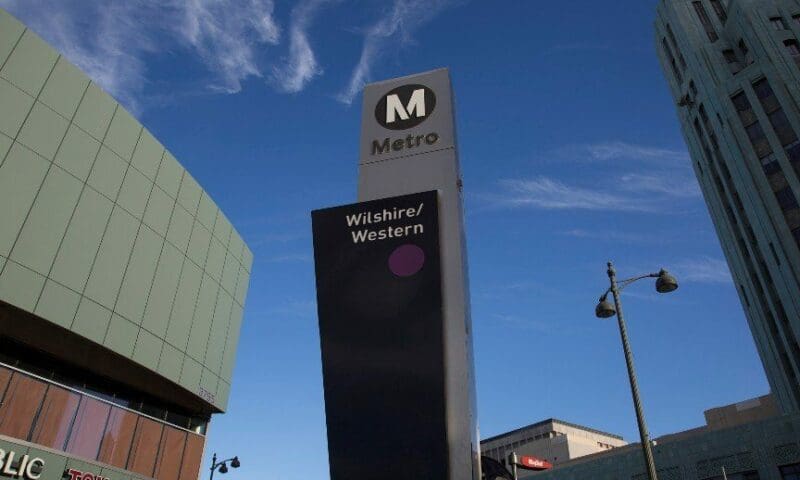

Sasha Abramsky: Why hopes are riding on the Build Better LA Initiative.


Depending on whom you ask, Solly Granatstein and Rick Rowley have spent their careers either causing trouble or exposing truths. As investigative journalist-filmmakers they have been on the front lines of digging up facts and battling the status quo, all to expose injustice. They’ve been pretty damn good at it too.


EPIX’s new documentary series America Divided bravely tackles America’s myriad problems that stem from systemic inequality. Created by acclaimed filmmakers Solly Granatstein, Rick Rowley and Lucian Read, and executive produced by Lear and the singers Shonda Rhimes and Common, the series reveals a tale of two Americas that coexist in a twisted parallel universe.


Did you know that one speeding ticket in Kansas could land you in jail? That’s what happened to David Jackson in 2011 after he couldn’t afford a $100 fine for speeding. Collection had been outsourced to a private contractor, and his bill quickly ballooned to $2,200 with court costs, jail fines and the contractor’s extra fees.
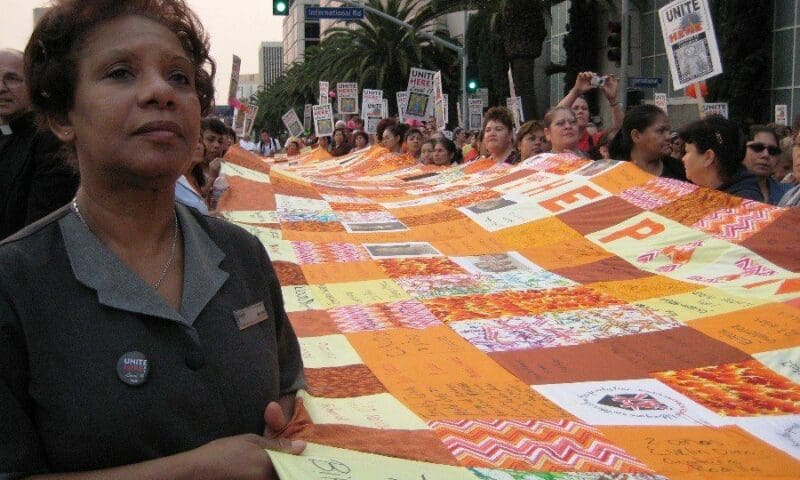
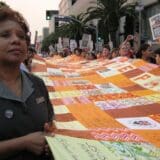
The theater piece Changing Lives, Changing LA – Hotel Workers Rising was created through many interviews, cut-and-paste pieces of script stuck up on a wall and moved around, lots of serendipity and much heart. It makes its debut Friday at Loyola Marymount University.
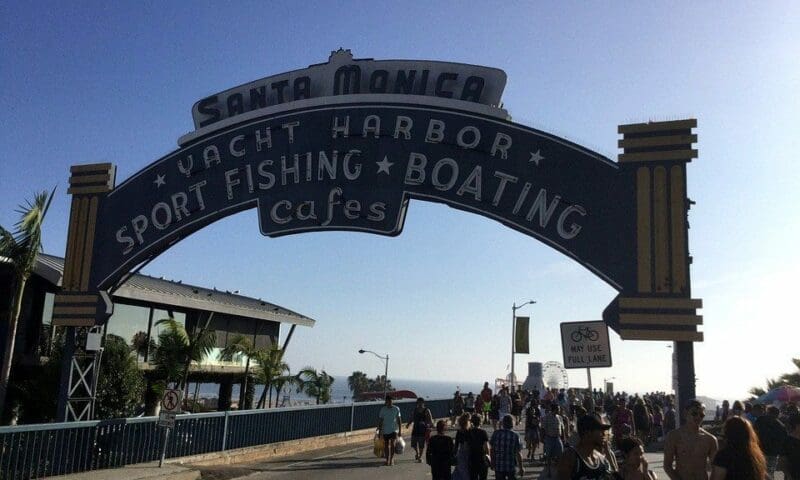

In Santa Monica a group of residents – frustrated by traffic and angry at developers – has placed a no-growth measure on the local ballot. It would force nearly all new projects higher than 32 feet to a citywide vote. The backers of Measure LV say that it’s buildings of all kinds – whether they house people or create jobs – that bring choking traffic.


Last Wednesday was a big day for In the Public Interest. We released one of our longest and most wide-ranging reports, How Privatization Is Increasing Inequality. The report describes how the privatization of public goods and services disproportionately impacts poor individuals and families, and people of color.
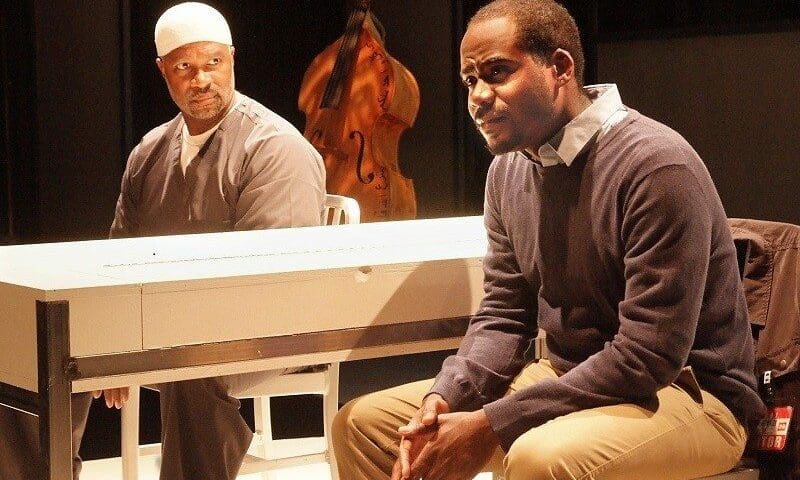
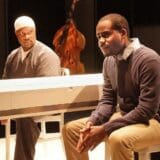
Bars and Measures, Idris Goodwin’s moving drama, directed with a sure hand by Weyni Mengesha, can be appreciated on several levels. To begin with, it’s a political work, a disturbing tale involving the questionable prosecution of an American Muslim for abetting a terrorist organization.


In 2011, Antonio Ramirez* was working in an Inland Empire warehouse, where he’d spent several hours emptying and sweeping out a metal freight container. With the indoor heat level passing 100 degrees, Ramirez showed symptoms of heat stroke – but his employers failed to take any action to help him and Ramirez was forced to call his son to take him to the hospital. He was hospitalized for three days due to heat stroke.
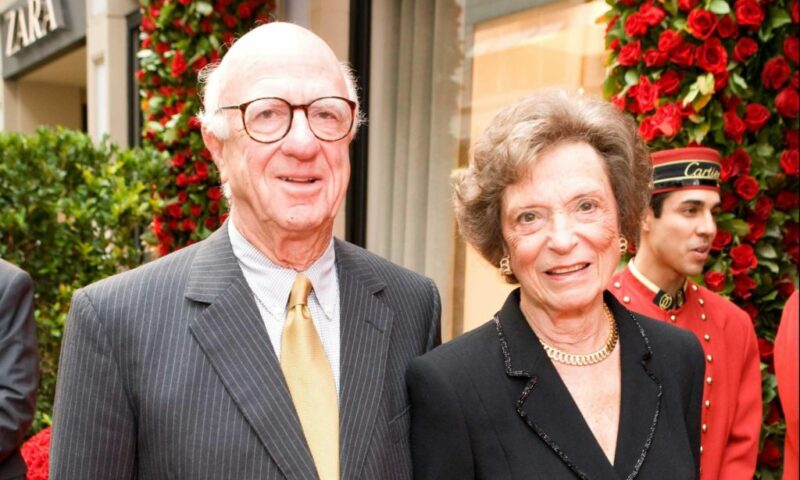
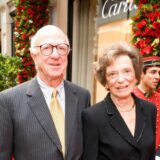
Born Doris Feigenbaum in 1931 in New York, Fisher and her husband struck modern-day gold in San Francisco when they founded the first Gap store there in 1969. By all indications, Doris and her husband, who passed away in 2009, worked hand in hand building the brand — which, like many global retailers, has also faced intense scrutiny for its labor practices.
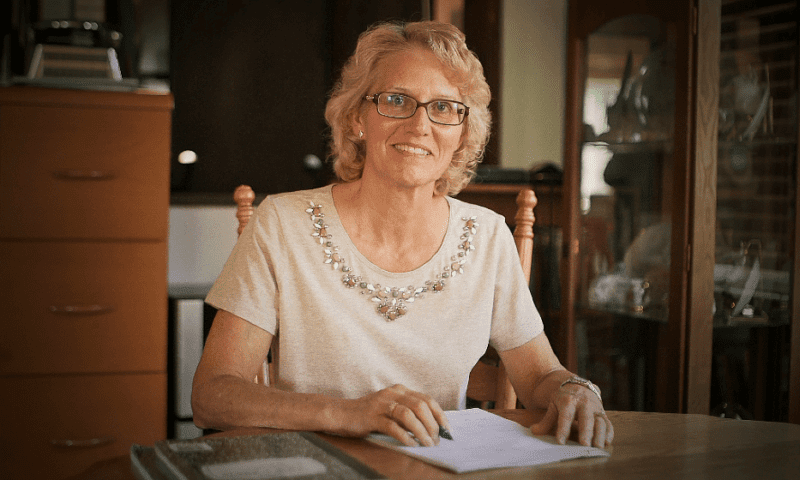

In the spring of 2008, Underwood was an eager and popular young assistant band director at a high school in Moreno Valley, a suburban enclave in Riverside County, but the first clouds of what would soon be called the Great Recession were gathering in New York — and were clearly visible to Underwood.
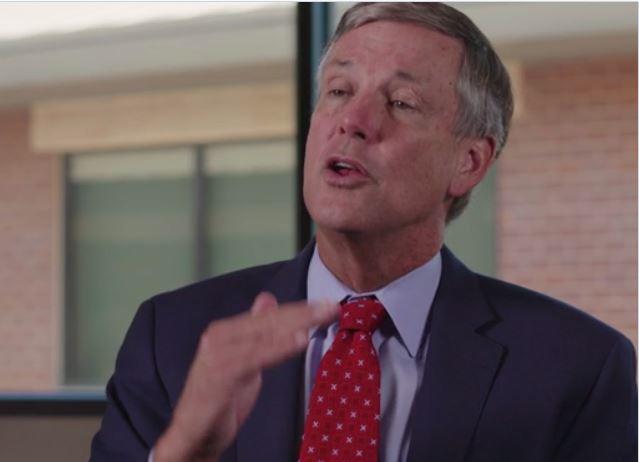

Four years ago California voters overwhelmingly passed Proposition 30 and rescued public schools and community colleges from the Great Recession’s economic free-fall. But the measure is scheduled to expire at the end of 2018, which could again place the state’s still-wobbly public schools on the edge of a fiscal precipice.


This new series examines how a ballot measure rebuilt the state’s public education system — and what’s at stake in November.


Both presidential candidates agree that America’s aging infrastructure needs massive investment. Why wouldn’t they? Fixing and replacing our roads, public transit, and other critical infrastructure will benefit the economy long into the future. The hard question is, where do we get the money?
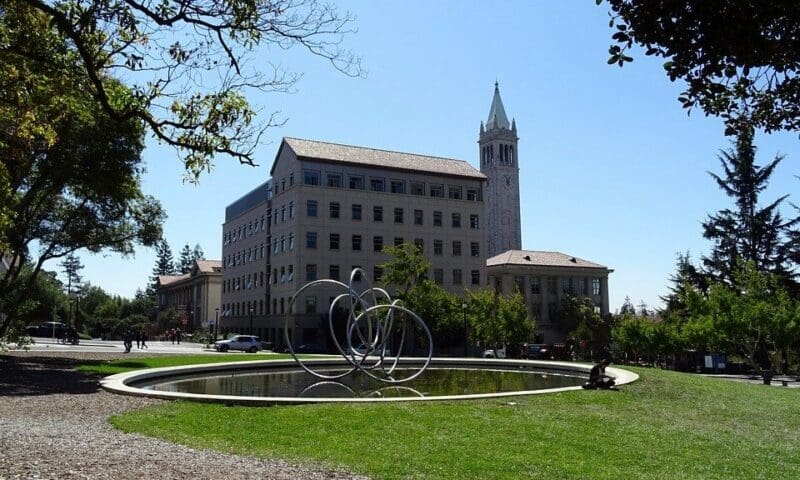
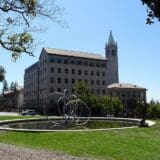
Serious contract negotiations are now underway between the University of California system and the International Brotherhood of Teamsters, which represents nearly 14,000 clerical workers and administrative support staff.